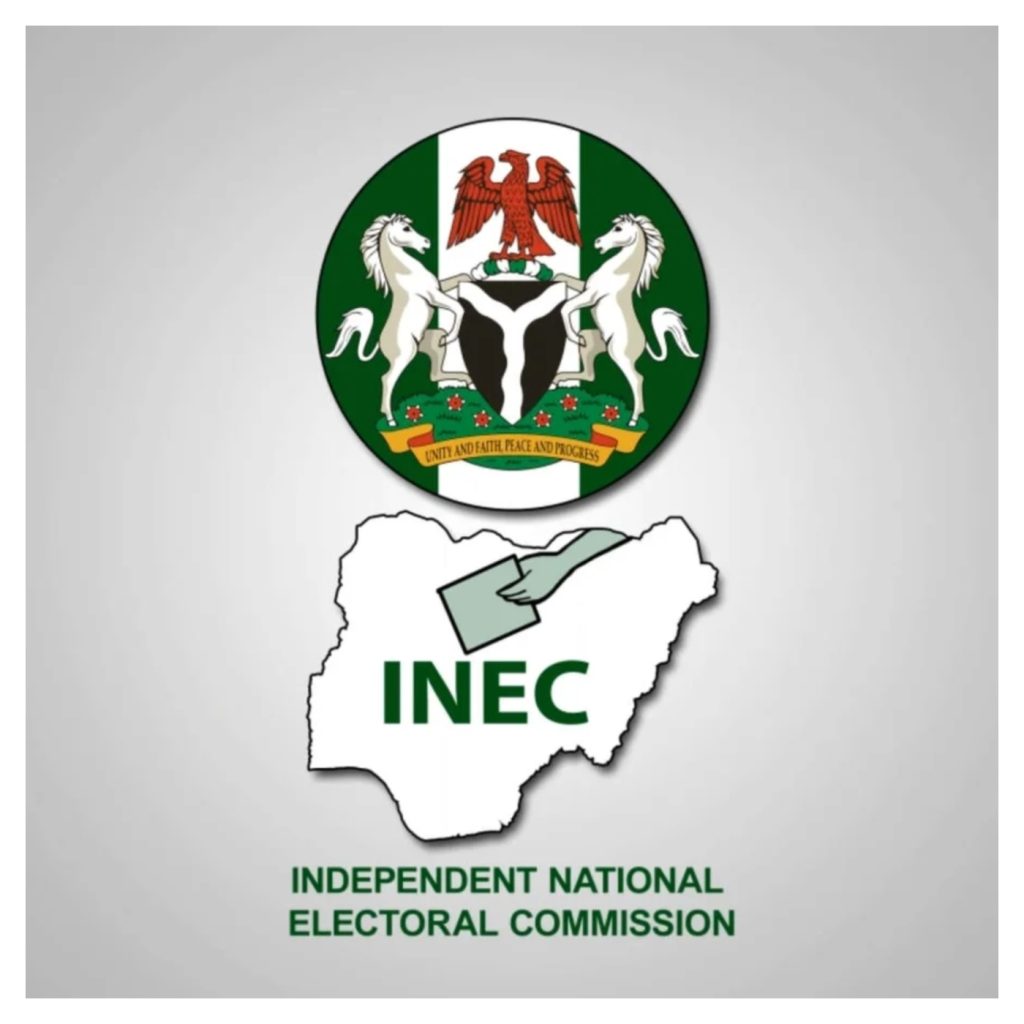The Central Bank of Nigeria’s Monetary Policy Committee has announced a reduction in the interest rate, decreasing it by 50 basis points to 27 percent from the previous 27.5 percent in July. This decision was made during the committee’s 302nd meeting, which took place on September 22nd and 23rd, 2025.
CBN Governor, Dr. Olayemi Cardoso, briefed journalists after the meeting, explaining that the decision to lower the monetary policy rate was based on the sustained disinflation recorded over the past five months, as well as projections indicating a decline in inflation for the remainder of 2025. The aim is to support economic growth, given the current inflation records.
In addition to the interest rate reduction, the cash reserve requirement for commercial banks has been lowered to 45 percent, while that of merchant banks remains at 16 percent. A new 75 percent cash reserve requirement has been introduced for non-Treasury Single Account (TSA) public sector deposits to enhance liquidity management. The liquidity ratio, however, remains unchanged at 30 percent.
The committee also adjusted the standing facilities corridor to improve the efficiency of the banking market and strengthen monetary policy transmission. This move is expected to contribute to the overall stability of the financial system.
The MPC expressed satisfaction with the prevailing macroeconomic stability, which is evident in several key indicators, including sustained disinflation, improved output growth, a stable exchange rate, and robust external reserves. The committee specifically highlighted the increased momentum of disinflation in August 2025, which marks the highest rate in the past five months. This deceleration is attributed to monetary policy tightening, exchange rate stability, and an increased capital inflow surplus current account balance, all of which have helped to anchor inflation expectations.
Other factors contributing to the deceleration include the continued moderation in the price of premium motor spirit (PMS) and a notable increase in crude oil production. The committee views the current stability in the macroeconomic environment as offering some headroom for monetary policy to support economic growth and recovery.
The decision by the Central Bank of Nigeria to reduce the interest rate and adjust other monetary policy instruments reflects its commitment to balancing the need for price stability with the imperative of supporting economic growth. As the economy continues to navigate the challenges of inflation and growth, the actions of the MPC will be closely watched for their impact on the overall economic landscape. The adjustments made are expected to have significant implications for businesses, investors, and consumers, and their effects will be monitored in the coming months.



